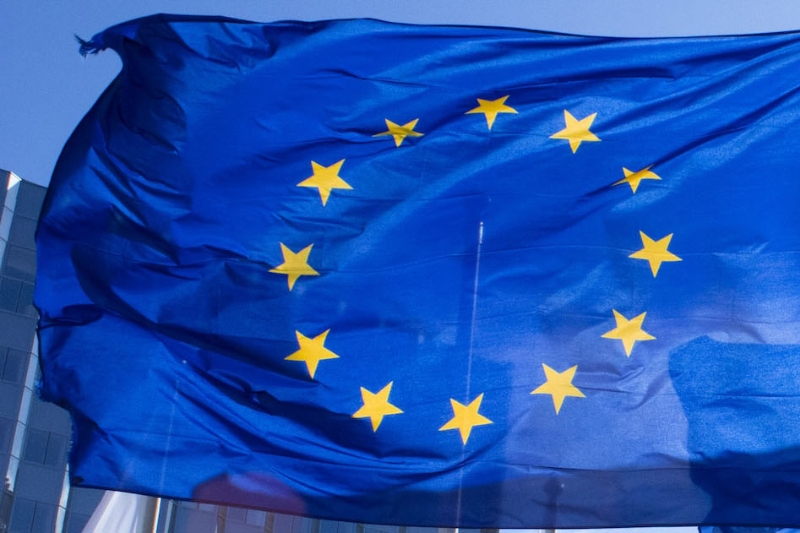Last updated on March 22nd, 2024 at 11:11 pm
The EU’s Strategy on Africa and Digital Transformation
The European Commission’s president, Ursula von der Leyen, has demonstrated a strong commitment to Africa by visiting the African Union headquarters in Ethiopia twice within her first 100 days in office. The European Union’s Strategy on Africa, released in March 2020, outlines five key pillars, with digital transformation being positioned as the second priority. This strategy aims to leverage technology to drive sustainable growth, job creation, and overall development in the region.
The Digital Mapping of Sub-Saharan Africa
The digital transformation landscape in Sub-Saharan Africa is a diverse and evolving ecosystem. Different countries and regions within Africa exhibit variations in terms of geographical coverage, financial resources, and availability of a skilled workforce. Some notable examples include Lagos’ Yaba district in Nigeria, which is emerging as a vibrant start-up hub, and Kenya, often referred to as the “Silicon Savannah,” due to its robust government-led policies supporting broadband connectivity, AI, 5G, and cybersecurity. Mobile payment systems, such as Kenya’s M-PESA, have also gained widespread adoption across the region.
Challenges and Opportunities
While digital mapping in Sub-Saharan Africa is expanding, it faces challenges related to fragmentation and concentration in specific locations. Furthermore, the transformation of the informal economy into a formal one requires careful consideration of social and economic impacts, including protection systems for affected individuals and professional retraining. Additionally, fostering inter-African cooperation and addressing issues like technology transfer, information sharing, and financial harmonization within the African Continental Free Trade Area are crucial.
Keep Reading
The Role of the European Union
The European Union recognizes the growing importance of technology and digital transformation in Africa and has incorporated it as a priority in its relations with Sub-Saharan Africa. The EU aims to partner with Africa in its digital transformation journey through regulatory convergence, personal data protection, investment in key infrastructures, digitization of public administration systems, capacity building, and data security. The EU’s approach focuses on promoting smart and green cities, bridging the urban-rural divide, supporting local businesses, and enhancing cybersecurity.
EU’s Engagement vis-à-vis China and the United States
China and the United States are actively engaging in Africa’s digital landscape, albeit with different approaches. The United States emphasizes endogenous technology solutions and investments in local start-ups, while China focuses on exporting its own technologies and offering loans for infrastructure projects. In response, the European Union aims to establish a distinct approach that fosters trust, promotes sustainable development goals, and integrates new and emerging technologies in Africa.
Prospects and the Way Forward
The EU-African Union Summit and the EU-Africa Business Forum, scheduled for October, provide crucial platforms for advancing EU-Africa cooperation in the digital sphere. The European Union recognizes that its own future in the global technology competition and as a value-based union is intertwined with Africa. By developing tailored responses and long-term plans, the EU can contribute to Africa’s digital advancement and strengthen its own position as a key player in the region.
The European Union’s strategic engagement in Sub-Saharan Africa’s digital transformation underscores the importance of technology as a catalyst for sustainable development and economic growth. By partnering with African countries, the EU aims to bridge the digital divide, foster innovation, and address key challenges. Through this collaborative approach, the EU can shape its technology and digital foreign policy in Africa while promoting shared values, supporting African solutions, and contributing to the achievement of common goals.

